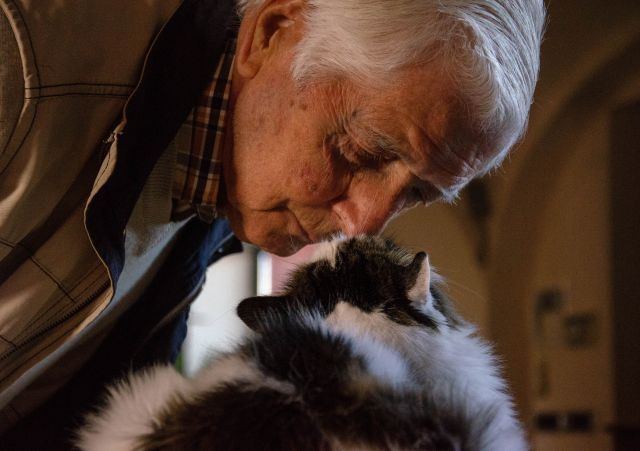
Advertising on Alzheimer’s & Dementia Weekly
Get your message out with Alzheimer’s Weekly! Publish your news prominently on AlzheimersWeekly.com and email it to 30,000 opt-in subscribers. The fee is just $100.

Get your message out with Alzheimer’s Weekly! Publish your news prominently on AlzheimersWeekly.com and email it to 30,000 opt-in subscribers. The fee is just $100.

Try the Alzheimer’s & Dementia Weekly Newsletter 30,000 subscribers trust Alzheimer’s & Dementia WeeklyBONUS: eBook, no charge, $5.99 value:15 Simple Things You Can Do For

Alzheimer’s Weekly LLC is solely responsible for the information and opinions published on the news portions of this website, except for User Generated Content. No

The site is dedicated to all those preserving the dignity of the community of people living with dementia.If you would like to contact us with

10 TIPS: Never argue, instead agree, Never force, instead reinforce.
Please enter your request in the comments box below.

People often ask for a printed Alzheimer’s Weekly. Sometimes it is for a parent who is not comfortable with the internet. Other times, it is

Alzheimer’s & Dementia Weekly is providing its regular stream of news services without interruption. Catch all the latest updates here, on Facebook or on Twitter.

Researchers in Florida find that robotic pet cats improve mood, behavior and cognition in older adults with mild to moderate dementia. Find out more.

Ketone-rich diets increase the SIRT3 protein that protects neurons from death during the progression of Alzheimer’s disease. But how does it work? Find out more.

A safer Alzheimer’s treatment may be on the horizon — but families still have meaningful choices today.

Researchers in Florida find that robotic pet cats improve mood, behavior and cognition in older adults with mild to moderate dementia. Find out more.

Ketone-rich diets increase the SIRT3 protein that protects neurons from death during the progression of Alzheimer’s disease. But how does it work? Find out more.

Memory failing? New research shows you may need help, but not for dementia. Memory slips, stress and fatigue are growing in people with healthy memory.

People worry about becoming forgetful. Is it the first sign of Alzheimer’s or just the passing years? After all, forgetfulness is a normal part of aging. Check out these quick ways to tell the difference.
No spam, only news and updates.


